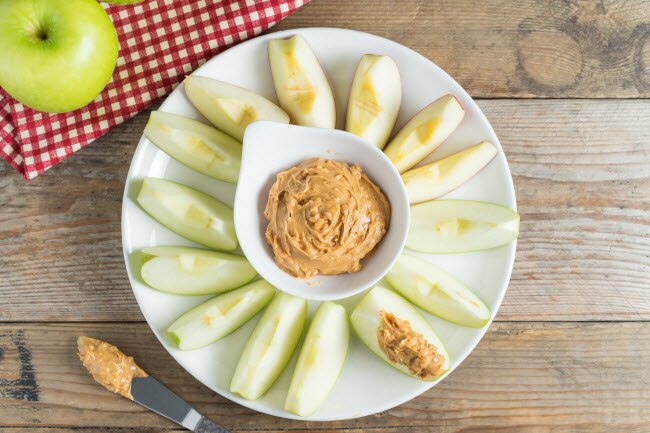The next time your rumbling stomach sends you to the kitchen for a late-night snack, choose a little protein. Doing so can help you satisfy hunger without the worry of gaining weight, according to a new study.
In fact, eating 30 grams of protein about a half-hour before bedtime can have a positive impact on muscle quality, metabolism and overall health — all without boosting body fat, researchers at Florida State University say.
The study subjects were a group of active young women in their early 20s who ate samples of cottage cheese within one hour of bedtime. But the results should be encouraging to anyone who wants a healthful late-night snack.
Protein offers many benefits to the body, says Lauren Harris-Pincus, a registered dietitian nutritionist, founder of NutritionStarringYOU.com and author of “The Protein-Packed Breakfast Club.”
“Protein helps with muscle growth and repair, as well as increasing satiety so you stay fuller for a longer period,” she says.
Eating protein the right – and wrong — ways
Most people already get enough protein in their diets, says Harris-Pincus. However, they do a poor job of distributing it in meals and snacks throughout the day.
“I find most people load up at dinner with far more than they need, while breakfast is usually sorely lacking in adequate protein,” she says.
Research has found that the body can only use between 25 and 35 grams of protein at a time for muscle protein synthesis. “Any more is unnecessary,” Harris-Pincus says.
So, the key is eating just enough protein at each meal and while snacking throughout the day to get the biggest benefit.
Just 4 to 5 ounces of chicken, turkey or fish will get you to between 25 and 35 grams of protein, Harris-Pincus says. And that does not include the protein you might get from other sources during a meal or snack, including grains, vegetables, nuts, seeds and dairy.
So, it makes sense to plan out your protein consumption in advance, and to try to spread it out across the day. That includes snack time, Pincus-Harris says.
“Eating a protein-rich snack — along with fiber and healthy fats — will help to stabilize blood sugar and keep you satisfied until your next meal,” she says.
The best protein snacks
When choosing a protein snack, look for something that appeals to you.
“My favorites are Greek yogurt or cottage cheese, with berries and a few nuts or high-fiber cereal sprinkled on top,” Harris-Pincus says.
She says such a snack is nutrient-dense and rich in protein and fiber. “I also love a piece of fruit with nuts or nut butter,” she adds.
Unless you have a health condition – such as kidney disease – snacking on protein should not raise health risks for you.
However, eating excessive amounts of protein is probably counterproductive.
“Excess protein is unnecessary and a source of extra calories,” Harris-Pincus says. “No one needs a 100-grams protein shake.”
In addition, some foods that are rich in protein have high levels of saturated fats, which can raise levels of low-density lipoprotein (LDL) cholesterol. This is the so-called “bad’ cholesterol that increases your risk for coronary heart disease.
Foods high in saturated fats include:
- Fatty cuts of beef, pork and lamb
- Ground beef that is just 75 percent to 85 percent lean
- Regular sausages
- Hot dogs
- Bacon
- Luncheon meats such as regular bologna and salami
- Some types of poultry, such as duck
Harris-Pincus encourages a moderate intake of protein from healthy whole foods, rather than consuming protein powders, bars or cookies.
“Those items are great in a pinch,” she says. “But if you are at home, choose fruits and veggies with a complementary protein source.”
Healthful sources of protein include lean meats, nuts, fish, and beans and peas.

